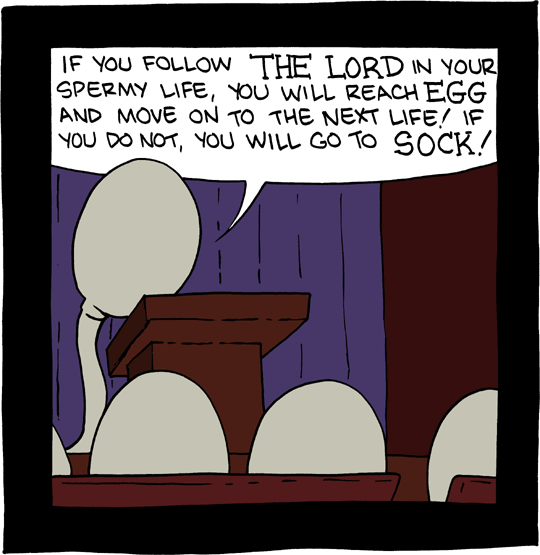There is very little that can really be
said about Outsourced, either good or bad. In terms of plot and comedy style
it’s formulaic and unimaginative. The premise of the show involves an American
sales manager, Todd Dempsy (Rappaport), who due to (vague and irrelevant)
situational factors is forced to move to India to work at a call centre in the
business of selling American novelties. Why he does this and how come uprooting
overnight and leaving his current life behind was so easy will remain a mystery
to the audience.
I considered the lack of characterisation
of the protagonist to be a major flaw of the show. If the writers can’t be
bothered to give the main character a backstory, or at least explain the
motivations behind his actions, how (or why) is the audience supposed to
understand (care) about what he does or doesn’t do? I get that this is a light
comedy show but the reductive characterization is evidence of poor and lazy
writing.
To expand a bit on my previous point,
the main annoyance of this show that never goes away is the main character, not
the actor, but the role itself. I don’t know if Todd’s lack of personality was
intentional, to be a blank slate on whom the viewer can superimpose themselves,
or it was simply bad writing (I’m inclined to believe the latter), but the
results is the same. The nondescript, naïve but ever-learning protagonist adds
a very obnoxious element of the show; they even gave the tall, silent guy more
character.
That could be overlooked if it was the
show’s only shortcoming, but it isn’t. The main (only) source of comedy for the
show is the constant culture clash between Todd’s American way of life and
Indian culture. A basic episode can be summed up as follows: Todd does/says
something ignorant and insensitive (i.e. he sees his co-workers doing something
different than what he is used to, therefore it is wrong and must be corrected),
everyone is outraged, Todd tries to fix things only to make matters worse, after
a two minute conversation at the end of an episode years of closed minded and
prejudicial upbringing is undone, Todd learns something new and everyone is
happy. Then they break into song! (kidding)
The ever-present culture difference is also
emphasized by Bader’s character Charlie Davies who serves as the in-house
outspoken, ignorant, and occasionally racist best friend and Tonya [no last
name] the overtly sexual and uninhibited aussie who serves to illustrate the
difference in female attitude and culture (I also think she serves to fill a
quota on sexual innuendos and mini-skirts; not that I’m complaining).
Despite some bad press, I do not find the
show to be overly offensive or blatantly racist with respect to the humour and stereotypes
it portrays (although there have been some exceptions). My opinion is that this
interpretation comes from the bland, boring, and basic plots which make it
appear that way. The cast in general is made up of colourful, diverse and
likeable individuals, who on occasion end up making a pleasurable and fun
viewing experience. I’m inclined to believe that the sheer number of characters
was done to balance out their vague and severely underwritten roles, but hopefully
that will result in some on-screen flexibility regarding storylines.
Although the main theme has been the same
throughout the show thus far, it does give clear indication that it is making changes
based on the criticisms it has received, which it should be commended for as
very few shows ever do this (successfully).
This is the type of show that at the
moment is right on the edge. It’s not terrible enough that I can make a firm
assertion supporting not watching it, especially since there seem to be very
few watchable shows at the moment, but it’s also not polished enough that is
can give it a positive recommendation. My final pronouncement: it’s not bad, but
it’s also not memorable.



